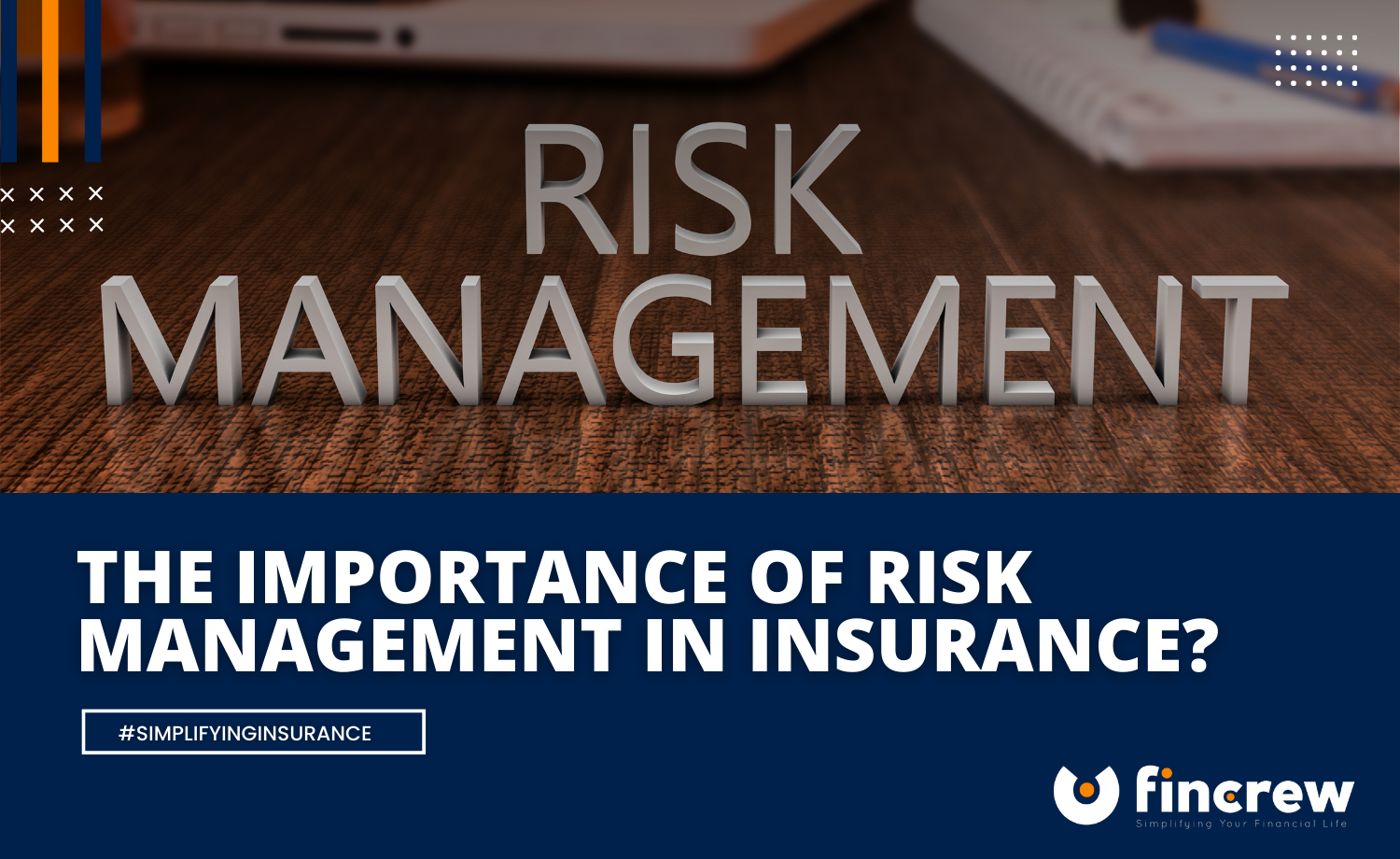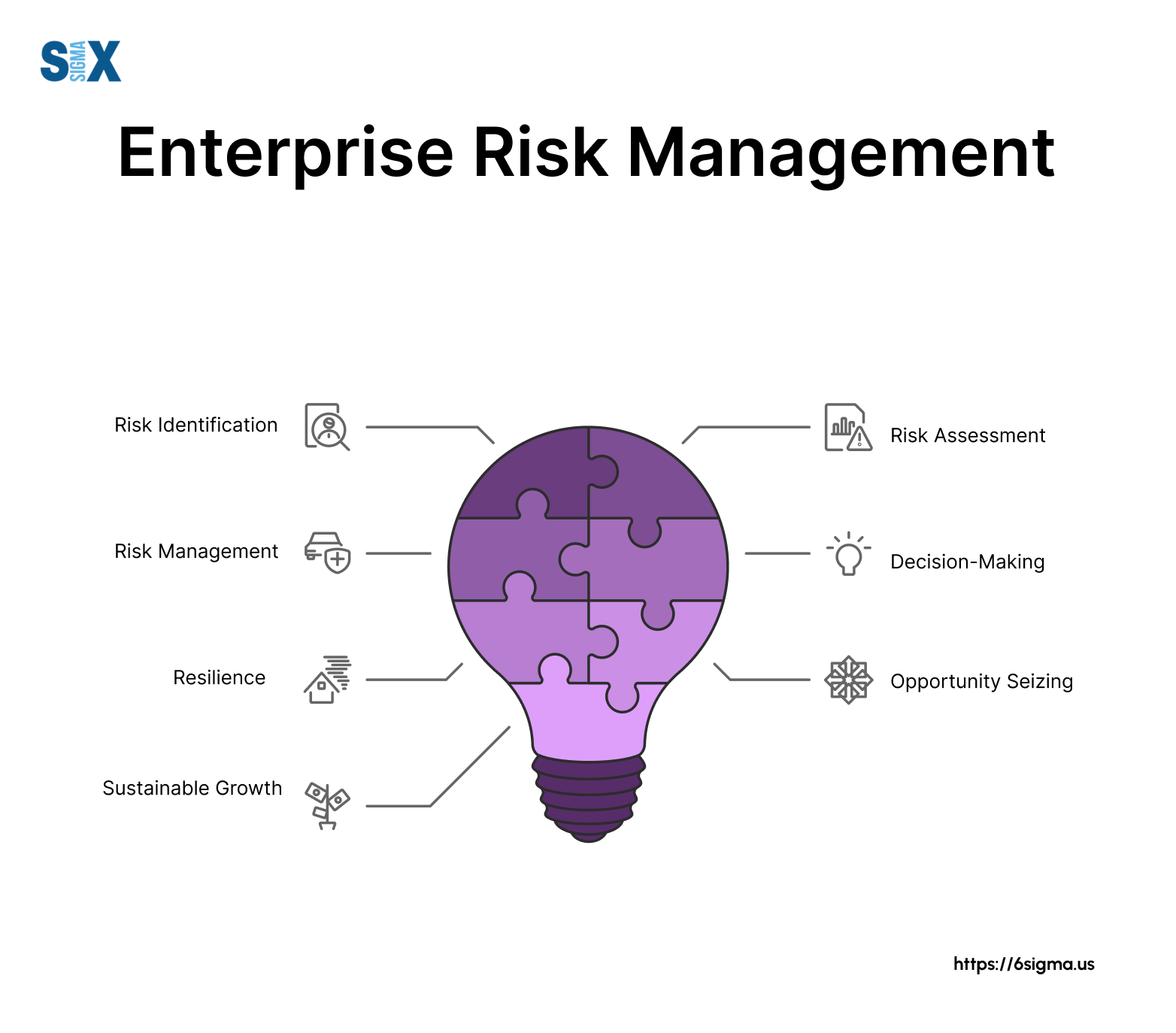How the Importance of Risk Management Shapes Effective Leadership
How the Importance of Risk Management Shapes Effective Leadership
Blog Article
The Vital Relevance of Risk Management in Achieving Organizational Goals
This is where Risk Management steps in, providing a structured method to determining, analyzing, and mitigating potential obstructions to proceed. As we discover the critical role of Risk Management in attaining organizational objectives, one can't ask yourself yet aid: how does this equate into real-world success?
Understanding the Idea of Risk Management in Service

The Important Role of Risk Management in Strategic Preparation
Incorporating Risk Management right into tactical preparation acts as a secure for organizations, anchoring their lasting plans with a strong structure of readiness and resilience. Risk Management uses a framework for anticipating uncertainties and devising appropriate reactions, making sure the company's survival and success also in the face of hardship. By integrating Risk Management right into calculated planning, organizations can change these uncertainties into chances for development and development.

Techniques for Identifying, Assessing, and Focusing On Dangers
Navigating the complicated landscape of threats calls for the application of details methods for their prioritization, evaluation, and recognition. The process starts with Risk recognition, utilizing tools such as SWOT evaluation, which aids in identifying possible hazards and chances. Next, Risk evaluation is performed to establish the potential influence and probability of each Risk. Tools such as Risk matrices and impact-probability graphes are utilized for this. Dangers are prioritized based on their possible effect and probability, allowing companies to focus their resources on high-priority threats. This methodical method guarantees a detailed understanding of the Risk landscape, making it possible for organizations to make informed choices and efficiently take care of dangers to attain their objectives - importance of risk management.
Protecting Organizational Operations Through Effective Risk Management
In the service landscape stuffed with uncertainties, effective Risk Management plays a crucial function in safeguarding organizational operations. By determining and assessing possible hazards, Risk Management allows organizations to establish robust contingency plans. Organizations need address to spend in extensive Risk Management methods to safeguard their operations.

Converting Possible Risks to Opportunities: The Power of Risk Management
A proactive method to take the chance of Management involves identifying, assessing, and focusing on threats to design methods that turn them right into possible benefits. Hence, by leveraging the power of Risk Management, companies can not just secure their procedures however likewise spur development and attain their goals in an unforeseeable company environment.
Case Researches: Success Stories of Risk Management Driving Organization Objectives
Successful execution of Risk Management strategies has actually yielded impressive outcomes in various look what i found services, underscoring the qualities of this method. International firms like Microsoft and Google, for circumstances, have actually leveraged Risk Management to lessen risks and make use of possibilities, driving their company purposes forward. These examples highlight how successful Risk Management can not only steer businesses clear of potential risks yet also direct them in the direction of their tactical purposes.
Verdict
Finally, Risk Management is essentially crucial in achieving organizational objectives. It supplies a systematic approach to identifying, evaluating, and addressing possible risks and possibilities. Greater than simply mitigating threats, it additionally cultivates development, durability, and sustainable development. By integrating Risk Management into calculated planning, businesses can much better browse unpredictabilities, secure procedures, and capitalise on possibilities, thereby aligning with long-term objectives.
At its core, Risk Management is the procedure of identifying, assessing, and dealing with potential threats that might negatively impact a company's procedures or objectives. Next, Risk analysis is performed to establish the prospective impact and chance of each Risk. Risks are prioritized based on their potential influence and possibility, allowing useful link companies to focus their sources on critical threats. By determining and analyzing potential risks, Risk Management enables companies to develop robust contingency strategies. A proactive strategy to run the risk of Management includes identifying, examining, and focusing on dangers to devise methods that turn them into possible benefits.
Report this page